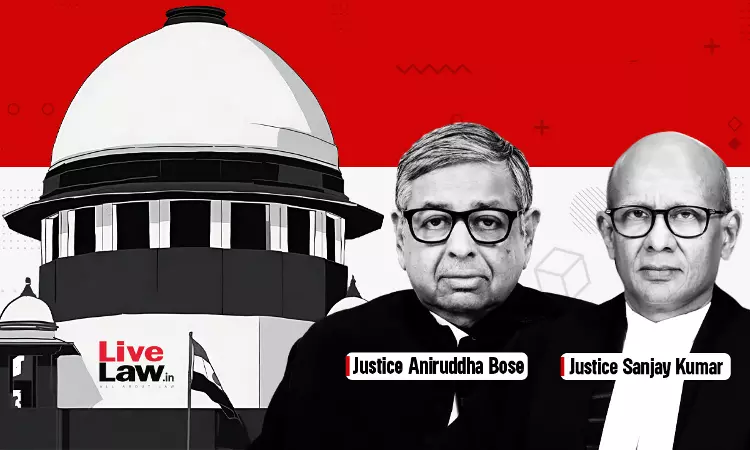Recently, the Supreme Court observed that a Magistrate, while issuing the summoning order, shall not act in a casual manner; rather they should be satisfied that there exists a sufficient ground for proceedings against the accused. The recording of the satisfaction of the Magistrate while issuing the summons should not be in a cryptic manner but only when a prima facie case is made out from...

